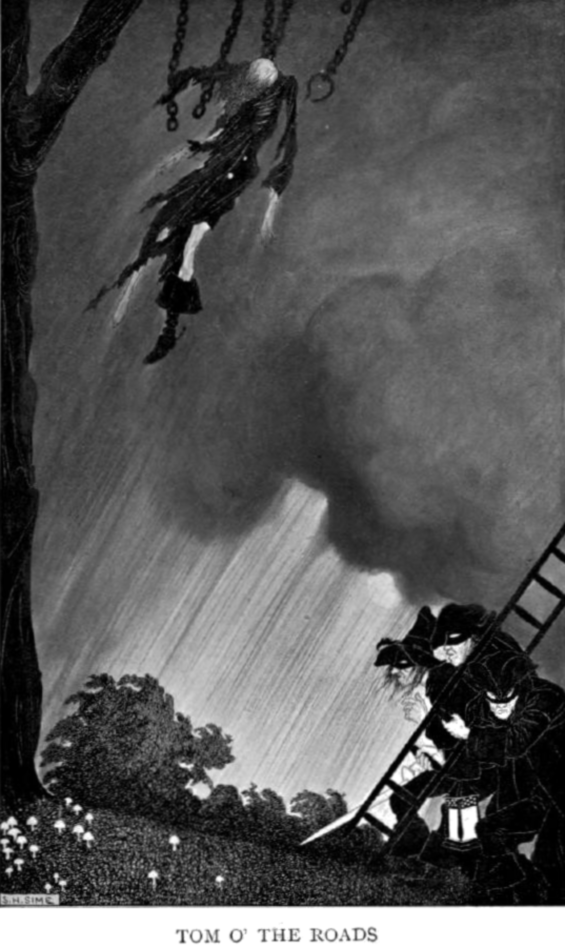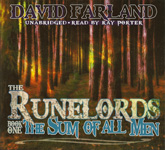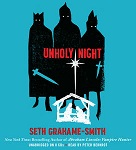
 The SFFaudio Podcast #186 – An unabridged reading of The Lady, Or The Tiger? by Frank R. Stockton (17 minutes), read by David Federman – followed by a discussion of it. Participants in the discussion include Jesse, Tamahome, and Julie Hoverson (of 19 Nocturne Boulevard).
The SFFaudio Podcast #186 – An unabridged reading of The Lady, Or The Tiger? by Frank R. Stockton (17 minutes), read by David Federman – followed by a discussion of it. Participants in the discussion include Jesse, Tamahome, and Julie Hoverson (of 19 Nocturne Boulevard).
Talked about on today’s show:
Monty Hall, Let’s Make A Deal, a can of sardines, a donkey and a block of hay, the Dungeons & Dragons meaning of “Monty Hall”, use in schools, weighting the scales, what is the character of women?, equally loving and equally jealous, love vs. jealousy, how barbaric are women?, where are the female criminals, a fully barbaric king, trial by ordeal, a box with a viper, a box with a knife, the swift choice, a curious justice system, jaywalking into the people’s court, like father like daughter, women were so emotional, unmodernizable sexism, guilt, there are tigers behind both doors, The Price Is Right, imaginary morality in an imaginary land, fairness conflated with arbitrariness, “when he and himself agreed upon anything”, Julie’s problem with philosophy, game theory, a thought experiment, Ray Bradbury style stories convey Bradburian feelings vs. Rorschachian style stories which elicit only the reader’s feelings, The Discourager Of Hesitancy (a sequel to The Lady, Or The Tiger?), smile vs. frown, Batman, Two-Face’s decisions are not actually coin tosses, The Man in The High Castle by Philip K. Dick, I Ching, “the tiger does not eat the straw because the duck has flown away”, phone psychics should agree with their customers, “the cards are telling me…”, psychics as impartial observers, a Ponzi scheme, selection bias, is it a double bluff?, does the father know that the daughter knows?, what is the punishment for adultery?, obsolete pop-culture, zoot suit riots (not just a joke, seriously), “six of one, half a dozen of the other”, “as snug as a bug in a rug”, we have to invent rug technology, nitpicking, Bugs Bunny dialogue, Max Headroom (is still ahead of it’s time), “blipvert”, They Live, shantytowns in the Regan era, Shock Treatment, The Rocky Horror Picture Show.
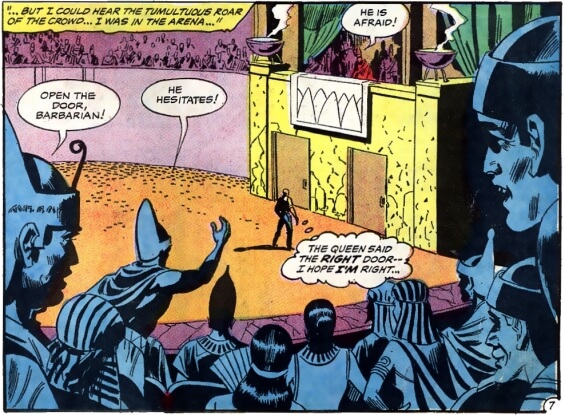
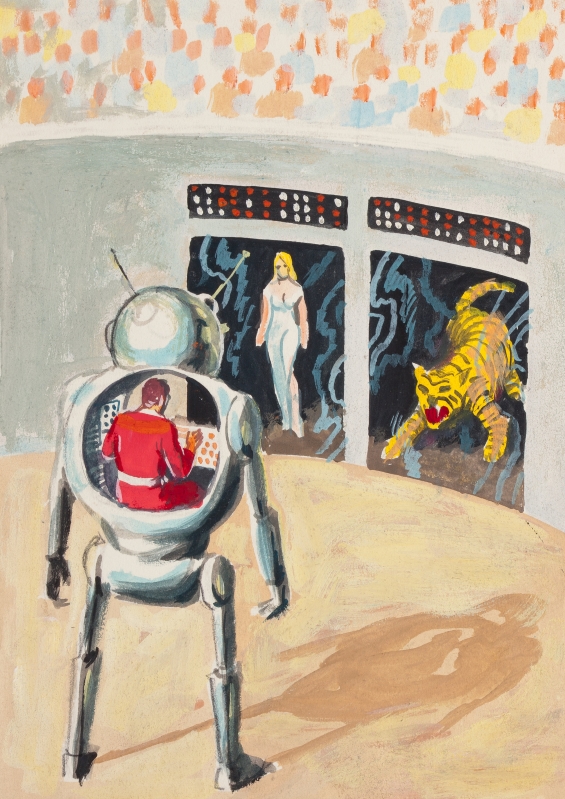
Posted by Jesse Willis



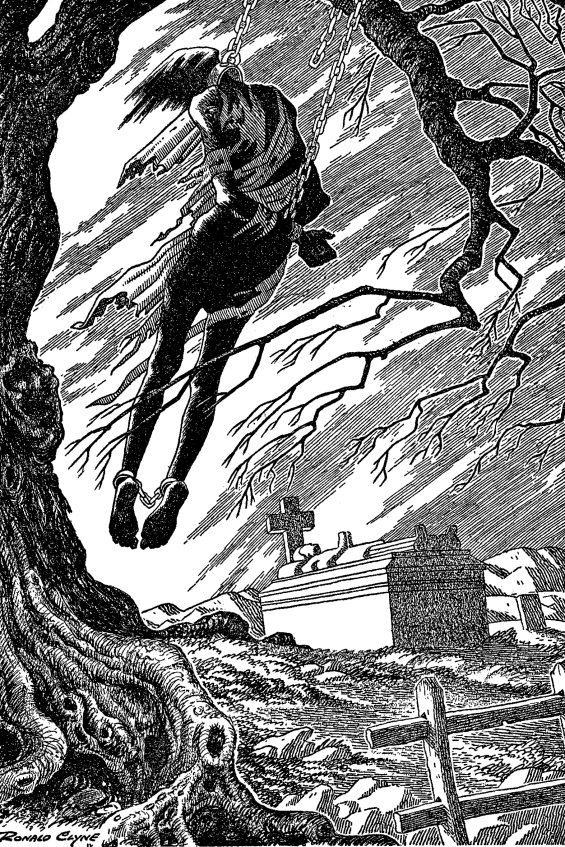
 The Highwayman
The Highwayman